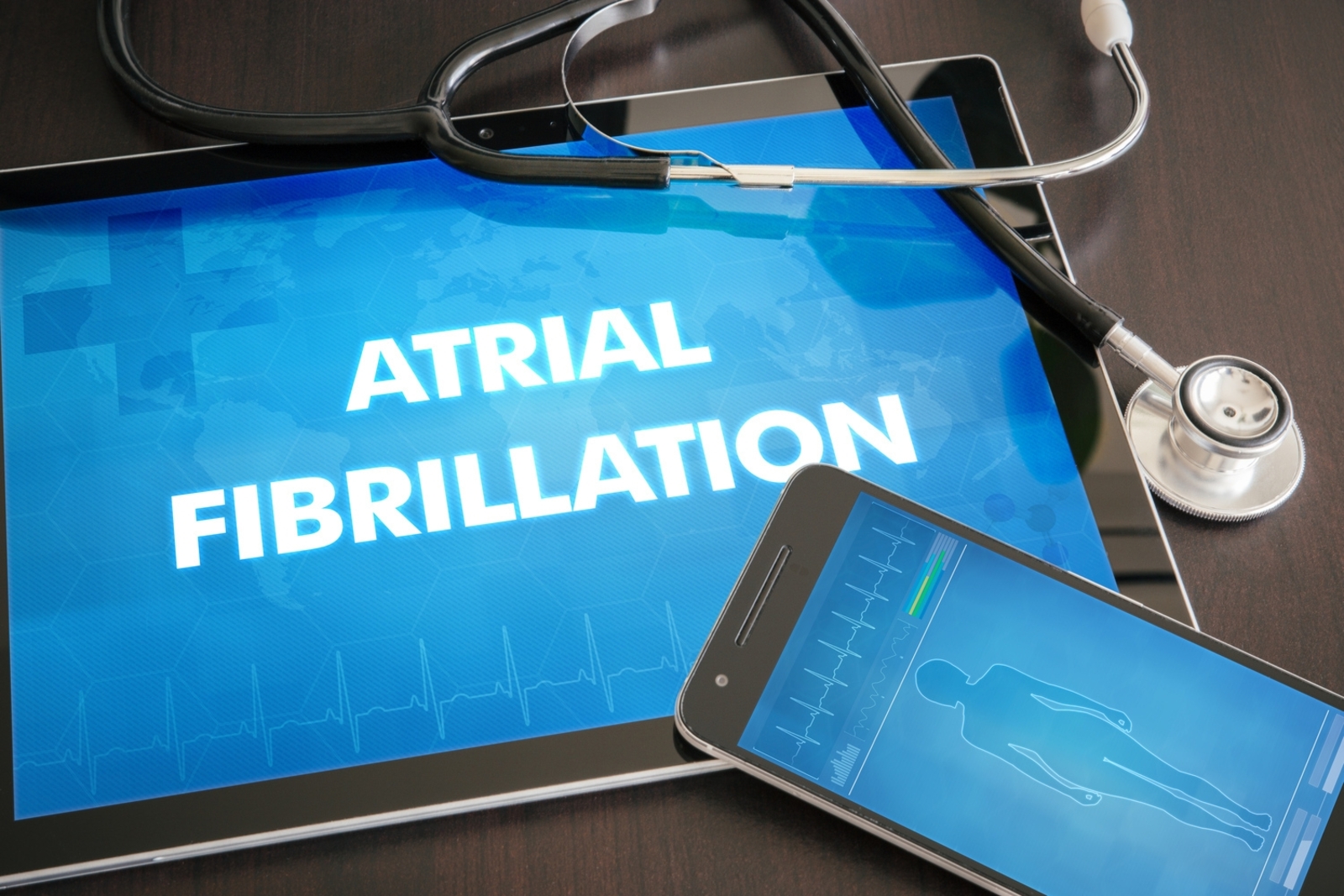
Treatment Options And Foods That Help Manage Atrial Fibrillation
Atrial fibrillation, often referred to as AFib, is a common heart rhythm disorder that can lead to serious complications if not managed properly. Fortunately, there are several treatment options available, including the Edwards transcatheter aortic valve replacement and the Yahoo Feed Keyword surgical aortic valve replacement procedure. Alongside these treatments, incorporating certain foods into your diet can also play a significant role in managing this condition. Let’s explore the different ways to tackle AFib and keep your heart in tip-top shape.
1. Mechanical heart valve replacement
When it comes to treating atrial fibrillation, one of the most effective surgical options is a mechanical heart valve replacement. This procedure involves replacing a faulty heart valve with a durable mechanical one, which can significantly improve blood flow and reduce AFib symptoms. While this option requires lifelong blood-thinning medication, it offers a long-lasting solution for those with severe valve-related AFib issues.
2. Catheter ablation
Catheter ablation is a minimally invasive procedure that targets the areas of the heart responsible for irregular electrical signals. By using heat or cold energy, this treatment destroys small sections of heart tissue, helping to restore normal rhythm. It’s a popular choice for those who haven’t found relief from medication alone, and it boasts a relatively quick recovery time.
3. Electrical cardioversion
Sometimes, a little zap is all it takes to get things back on track. Electrical cardioversion is a procedure where an electric shock is delivered to the heart to reset its rhythm. It’s typically performed under sedation and is effective for many patients with AFib. While it may not be a permanent fix, it can provide immediate relief and is often used in conjunction with other treatments.
4. Medication management
For many individuals, managing AFib with medication is a practical approach. Various drugs can help control heart rate and rhythm, as well as prevent blood clots. Common medications include beta-blockers, calcium channel blockers, and anticoagulants. Your healthcare provider will work with you to determine the best medication plan tailored to your specific needs.
5. Lifestyle modifications
Never underestimate the power of lifestyle changes in managing atrial fibrillation. Regular exercise, stress reduction techniques, and maintaining a healthy weight can all contribute to better heart health. Avoiding excessive alcohol and caffeine, quitting smoking, and getting enough sleep are also crucial steps in keeping AFib at bay.
Now, let’s talk about food. What you eat can have a profound impact on your heart health and AFib management. Here are some heart-friendly foods to consider adding to your diet:
Leafy greens : Packed with vitamins, minerals, and antioxidants, leafy greens like spinach and kale are excellent for heart health. They’re also rich in vitamin K, which plays a role in blood clotting, so it’s essential to balance intake if you’re on blood thinners.
Omega-3 rich foods : Fatty fish like salmon, mackerel, and sardines are loaded with omega-3 fatty acids, known for their anti-inflammatory properties and ability to reduce the risk of heart disease.
Nuts and seeds : Almonds, walnuts, flaxseeds, and chia seeds are all great sources of heart-healthy fats, fiber, and protein. They can help lower cholesterol levels and improve overall heart function.
Berries : Blueberries, strawberries, and raspberries are not only delicious but also rich in antioxidants and fiber. They can help reduce inflammation and improve heart health.
Whole grains : Foods like oats, quinoa, and brown rice are high in fiber, which can help regulate blood sugar levels and reduce the risk of heart disease.
In conclusion, managing atrial fibrillation involves a combination of medical treatments and lifestyle adjustments. From mechanical heart valve replacement to incorporating heart-healthy foods into your diet, there are plenty of options to explore. Always consult with your healthcare provider to determine the best plan for your unique situation, and take proactive steps to keep your heart beating strong.


